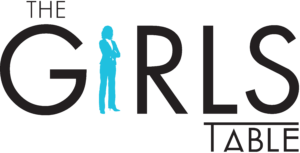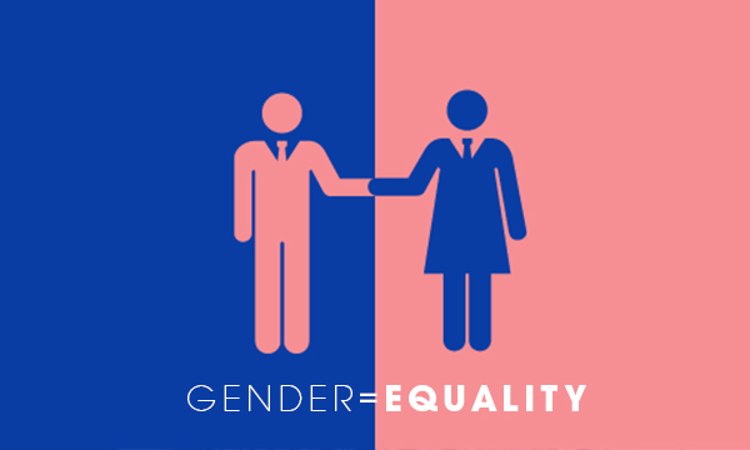By Bekezela Mguni
Political analyst Effie Ncube has noted that society and power relations between men and women are the reasons behind gender inequality in Zimbabwe. This comes after countless reports that women’s participation in leadership and politics is worryingly low.
Only 22 women out of 70 contesting won the seats in the just-ended harmonized elections. The Citizens Coalition for Change (CCC) had ten directly elected women MPs, while the ruling Zanu-PF had 12. In an interview with Girls Table, Ncube said our deeply patriarchal society does not understand nor does it appreciate that empowering women empowers the entirety of humanity.
“The country cannot develop economically, socially, politically, or otherwise while leaving women behind. The development of an inclusive society starts with an inclusive approach to seeing women as equal citizens and girls as equal citizens, deserving of equal and similar investments as those channeled toward men. There is a need to reorder the power relations between men and women so that women are not disadvantaged by men who have political powers, economic powers, and resource powers,” Ncube said.
The Girls Table Executive Director, Samkeliso Tshuma, blamed the low representation of female candidates on patriarchy, religion, and political parties that have failed to achieve democracy within their political parties. “We have failed to address the issue of patriarchy. The principles of patriarchy are embedded in our social fabric; it is in our family setup. Girls are given nurturing and cooking roles while boys are given leadership roles, so we have a problem already in our home setup. We cannot expect to see women leading, nor can we expect to see women contesting as Presidential candidates when they are told to look after children. No matter how much we empower women, we will never see a change in representation of women unless we address the issue of patriarchy,” Tshuma said.

